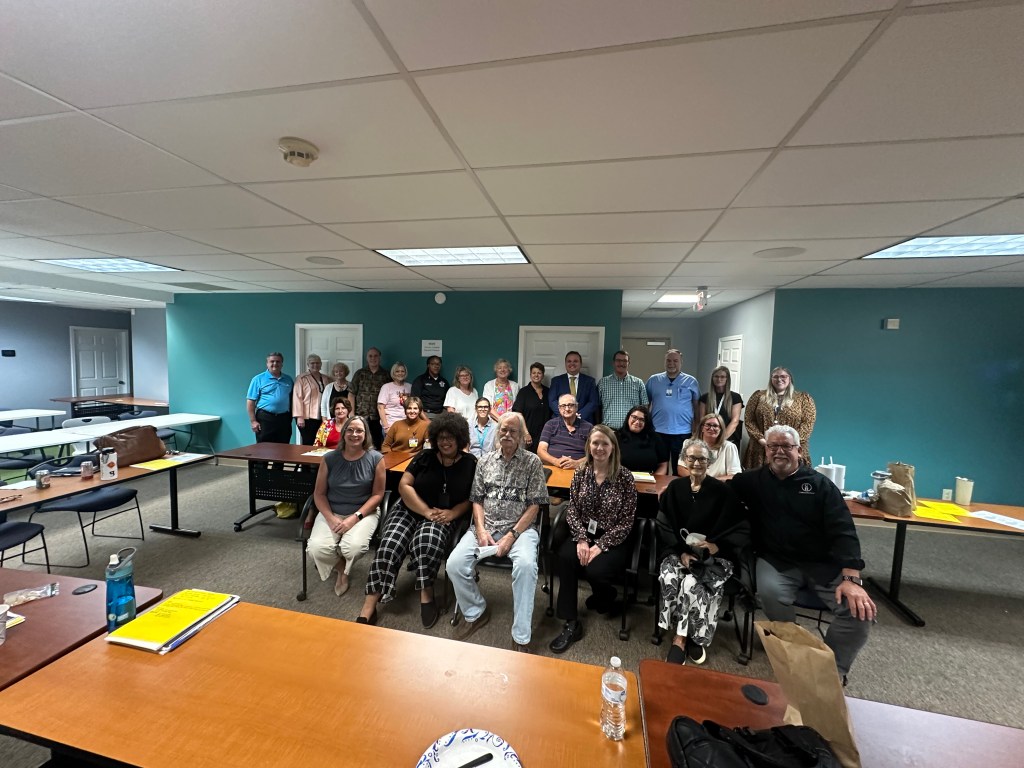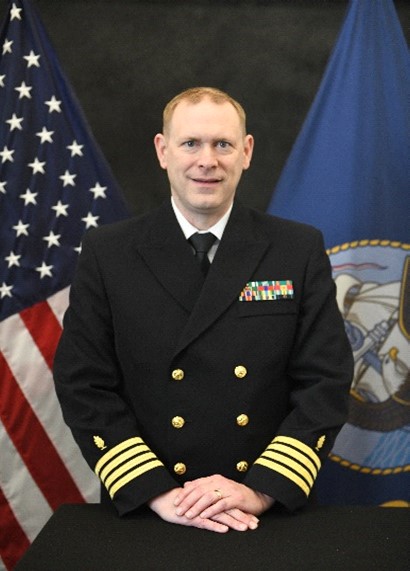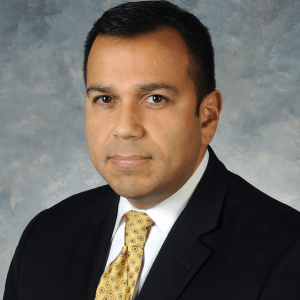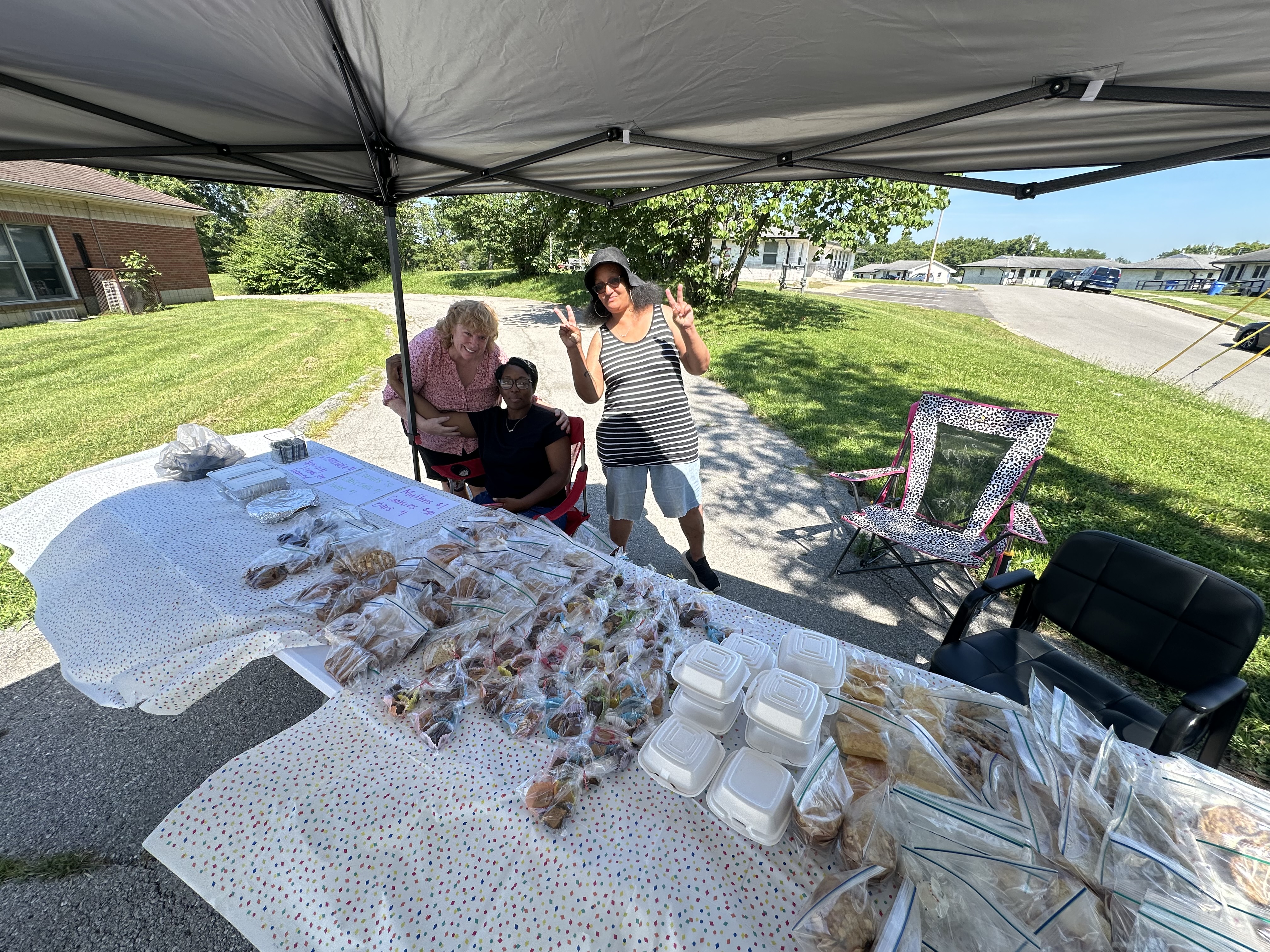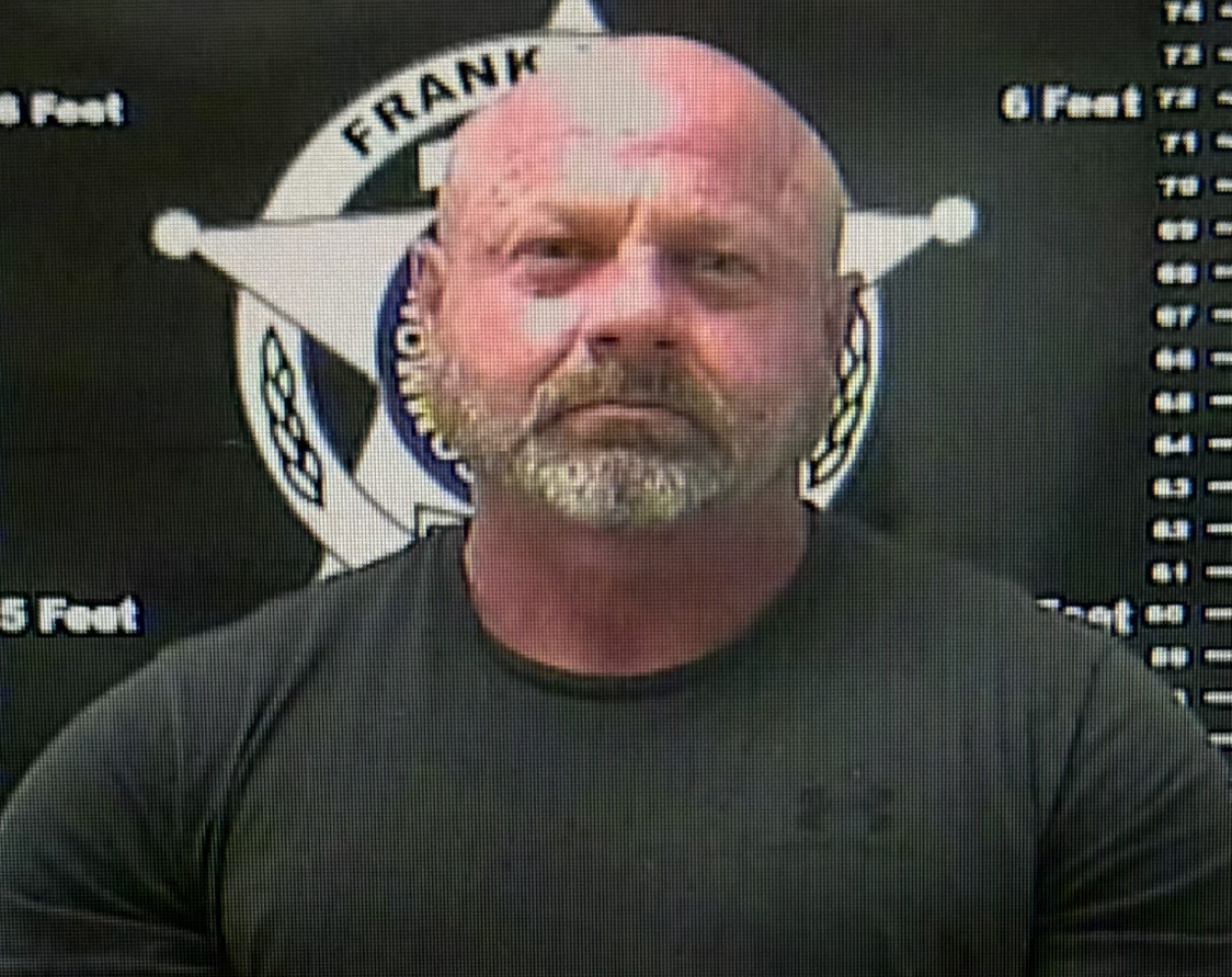Site visit creates opportunity for Recovery Ready Communities certification
Published 11:00 am Monday, July 28, 2025
|
Getting your Trinity Audio player ready...
|
A conference room of the Clark County Health Department building at 273 Shoppers Drive was a happening place on Wednesday, July 23.
Several organizations and members of the community were present, as a site visit took place to determine if Winchester would qualify for Recovery Ready Community Certification.
“We’ve been working on this application for over two years,” said Jennifer Gulley, a board member for the Clark County Agency for Substance Abuse Policy (ASAP).”It’s been very rewarding to spend this morning hearing from our community partners and about the work they’re doing and their own individual organizations.”
Trending
As stated at https://rrcky.org, “The Recovery Ready Communities is designed to provide a quality measure of a city or county’s substance use disorder (SUD) recovery efforts. The program offers local officials, recovery advocates, and concerned citizens the opportunity to evaluate their community’s current SUD treatment programs and interventions in a framework that is designed to maximize positive public health outcomes among Kentuckians suffering from SUD.”
How a community’s response to substance use disorder is evaluated is based on several areas, including prevention, treatment, and recovery support.
“We like to see how communities are innovating and sort of tailoring these evidence-based interventions and programs to their specific culture,” said Dallas Hurley, Senior Director of Policy and Advocacy for Recovery Ready Communities with Volunteers of America Mid-States. “After the site visit…I will go back, rescore the application, and then we actually write a written recommendation and we present that to the statutory visit.”
Before going to several sites – Rowland Arts Center, Clark County Homeless Coalition, Recovery Community Center, and Beacon of Hope Emergency Shelter – members of the aforementioned organization and others contributing to the community spoke.
Among them was 25th Circuit Court Judge Cole Adams Meier, whose previous background includes work as a public defender.
Along with efforts taken to reduce recidivism, Maier acknowledged that – for certain offenses – alternative sentencing and looking at other avenues may be appropriate in addressing substance use disorder.
Trending
She also talked about the county’s long history with drug court, first implemented in the 1990s.
“We’ve got great public health leaders…we’ve been doing harm reduction. We’ve been recognizing that recovery is real for a large number of years now, which gets us to a place now where I think that we have judicial leadership,” she said. “We have leadership of the executive branch through our prosecutors. We’ve got representation in the public defender’s office, but we’re all recognizing that folks who are living lives in recovery or have substance use disorders…that may or may not be adequately treated…are a big part of our community.”
Others to speak included Ron Kibbey, a retired Licensed Clinical Social (LCSW), who spoke about topics including overdose education, naloxone distribution, and overcoming stigma.
Speakers covering topics including George Rogers Clark High School’s Drug-Free Youth Club, Upward 40391, Law-Enforcement Assisted Programming (LEAP), Celebrate Recovery and Rally 4 Recovery, Critical Supports teams, Specialty Courts, and more were present.
Mayor JoEllen Reed, Clark County Judge-Executive Les Yates, Clark County ASAP Board Chairman Dickie Everman, Winchester Police Department Chief Travis Thompson, Calvary Christian Church Pastor Mike McCormick, Clark County Community Services Executive Director Laci Scarboro, Partners Healthcare Board Certified Advanced Practice Registered Nurse (APRN-BC) Scott Seitz, social worker (MSW) Lindsay Horseman, Magistrate Mark Miller, former Mayor Ed Burtner, former Clark County Judge-Executive Henry Branham, and many others also appeared throughout the day.
Sue Fox, Regional Outreach Supervisor with Volunteers of America Mid-States, expressed that Recovery Community Center was one of her favorite interventions.
“Folks need that recovery support,” she said. “I’m a person in long term recovery, so I get to see the support of communities coming together to combat substance use disorder. It’s just very rewarding.”
While hopes are high for the future, Gulley acknowledged that efforts will continue to be undertaken in Clark County.
“It’s just very rewarding to see this all come together,” she said. “It takes all of that coming together for us to build a community where recovery can happen and people are supported.”


